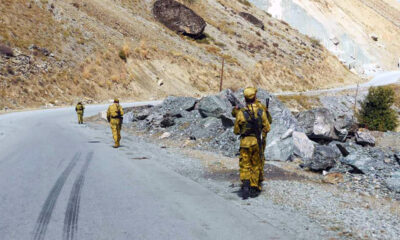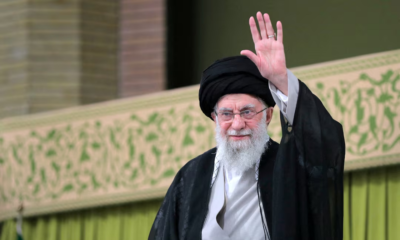Science & Technology
Meta to cut 10,000 jobs in second round of layoffs

Facebook-parent Meta Platforms (META.O) said on Tuesday it would cut 10,000 jobs this year, making it the first Big Tech company to announce a second round of mass layoffs as the industry braces for a deep economic downturn, Reuters reported.
Meta shares jumped 6% on the news. The widely-anticipated job cuts are part of a restructuring that will see the company scrap hiring plans for 5,000 openings, kill off lower-priority projects and “flatten” layers of middle management.
They followed the company’s first mass layoff in the fall, which eliminated more than 11,000 jobs, or 13% of its workforce at the time, after a hiring spree that doubled the employee count it had as of 2020.
Worries of an economic downturn due to rising interest rates have sparked a series of mass job cuts across corporate America in recent months. Tech companies have led the way, shedding more than 290,000 workers since the start of 2022, according to tracking site Layoffs.fyi.
Meta’s purge of employees has been one of the sector’s most pronounced. On top of inflation woes, the company is also facing down unique threats to its core digital ads business while spending handsomely on Chief Executive Mark Zuckerberg’s plans to build a futuristic metaverse.
In a message to staff on Tuesday, Zuckerberg said most of the new cuts would be announced in the next two months, though in some cases they would continue through the end of the year, read the report.
“For most of our history, we saw rapid revenue growth year after year and had the resources to invest in many new products. But last year was a humbling wake-up call,” Zuckerberg wrote.
“I think we should prepare ourselves for the possibility that this new economic reality will continue for many years.”
Zuckerberg said he planned to further reduce the size of the recruiting team, which was already hard-hit in the fall layoffs. Restructurings in the tech group would be announced in late April and cuts to business groups would come in May.
Meta also will remove multiple layers of management and ask many managers to become individual contributors, while eliminating non-engineering roles, automating more functions and at least partially reversing a commitment to “remote-first” work that Zuckerberg made amid COVID-19 pandemic lockdowns, Reuters reported.
The first of the latest wave of cuts appeared to have started even before Zuckerberg’s announcement. On Friday, Meta said it was exploring “strategic alternatives” for Kustomer, a customer service company it acquired last year.
It also disbanded its skunkworks New Product Experimentation team and reassigned leader Ime Archibong to work on product for Messenger, according to an internal memo seen by Reuters. Both changes were initially reported by the Wall Street Journal.
Investors have grown wary of Zuckerberg’s prolific spending as revenue growth from Meta’s main businesses petered out amid high inflation and a digital ads pullback from the pandemic e-commerce boom.
The company also has struggled with Apple-led (AAPL.O) privacy changes and competition for young users from short video app TikTok.
At the same time, Meta has been pouring billions of dollars into its metaverse-oriented Reality Labs unit, which lost $13.7 billion in 2022, and investing in infrastructure to support its artificial intelligence usage.
Wall Street has been rewarding Meta steadily since its November restructuring, after its share price fell more than 70% earlier in 2022. The stock received another boost in February when Zuckerberg dubbed 2023 the “Year of Efficiency,” with new cost controls and a $40-billion share buyback.
The latest downsizing indicates “how desperate the company is to get costs under control as its revenues have fallen amid declining marketing budgets,” said Hargreaves Lansdown analyst Susannah Streeter, Reuters reported.
“Virtual reality is an expensive business to be in, so while (Meta) maps out a path through an uncertain landscape, it needs to find efficiencies elsewhere,” she added.
In his memo, Zuckerberg made scant mention of virtual reality and instead emphasized the company’s focus on AI, saying Meta’s single largest investment was in “advancing AI and building it into every one of our products.”
Meta has teased AI-powered “creative aids” that can generate images, videos and text but has yet to offer any such products on its apps, even as peers have launched dueling generative AI chatbots and productivity tools in recent months.
With the latest cuts, Meta expects expenses in 2023 to come in between $86 billion and $92 billion, lower than the $89 billion to $95 billion forecast previously, read the report.
Science & Technology
Meta releases new AI model Llama 4
Meta said in a statement that the Llama 4 Scout and Llama 4 Maverick are its “most advanced models yet” and “the best in their class for multimodality.”

Meta Platforms on Saturday released the latest version of its large language model (LLM) Llama, called the Llama 4 Scout and Llama 4 Maverick.
Meta said Llama is a multimodal AI system. Multimodal systems are capable of processing and integrating various types of data including text, video, images and audio, and can convert content across these formats.
Meta said in a statement that the Llama 4 Scout and Llama 4 Maverick are its “most advanced models yet” and “the best in their class for multimodality.”
Meta added that Llama 4 Maverick and Llama 4 Scout will be open source software. It also said it was previewing Llama 4 Behemoth, which it called “one of the smartest LLMs in the world and our most powerful yet to serve as a teacher for our new models.”
Big technology firms have been investing aggressively in artificial intelligence (AI) infrastructure following the success of OpenAI’s ChatGPT, which altered the tech landscape and drove investment into machine learning.
The Information reported on Friday that Meta had delayed the launch of its LLM’s latest version because during development, Llama 4 did not meet Meta’s expectations on technical benchmarks, particularly in reasoning and math tasks.
The company was also concerned that Llama 4 was less capable than OpenAI’s models in conducting humanlike voice conversations, the report added.
Meta plans to spend as much as $65 billion this year to expand its AI infrastructure, amid investor pressure on big tech firms to show returns on their investments.
Science & Technology
‘Massive cyberattack’ brings down Elon Musk’s X
Digital Trends reported Tuesday that there are reports suggesting X is still having issues
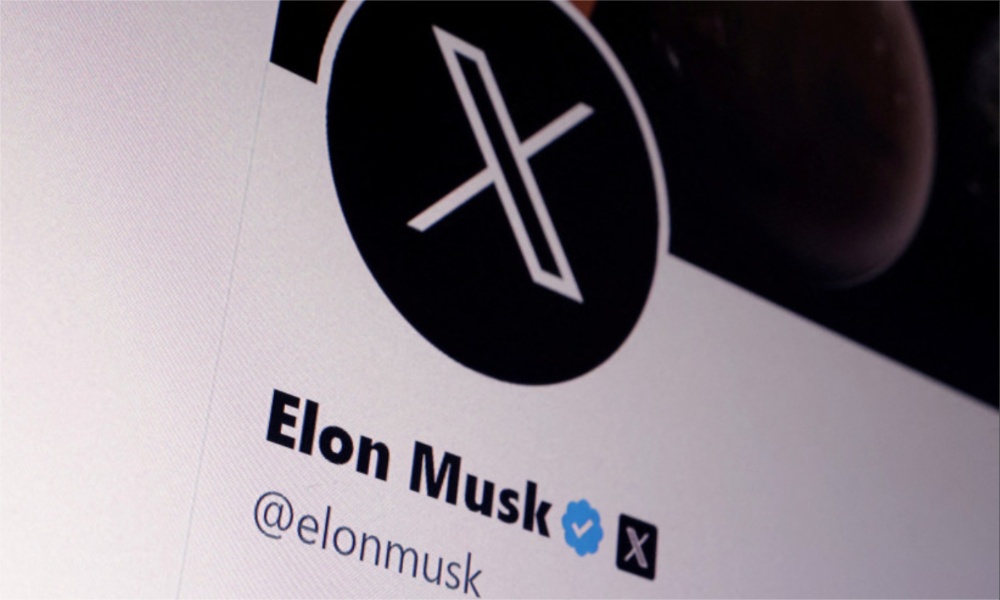
Social media platform X went down intermittently on Monday, with owner Elon Musk blaming an unusually powerful cyberattack.
“We get attacked every day, but this was done with a lot of resources. Either a large, coordinated group and/or a country is involved,” Musk said in a post on X on Monday.
He did not clarify exactly what he meant by “a lot of resources” and his comments drew skepticism from cybersecurity specialists, who pointed out that attacks of this nature — called denials of service — have repeatedly been executed by small groups or individuals.
X faced intermittent outages, according to Downdetector, Reuters reported.
Digital Trends meanwhile reported Tuesday that there are reports suggesting X is still having issues.
Internet industry experts have said X was hit by several waves of ‘denial of service’ throughout Monday.
Musk said in an interview with Fox Business Network’s Larry Kudlow the cyberattack came from IP addresses originating in the Ukraine area.
An industry source told Reuters he disputed Musk’s account, saying that large chunks of the rogue traffic bombarding X could be traced back to IP addresses in the United States, Vietnam, Brazil and other countries, and that the amount of rogue traffic coming directly from Ukraine was “insignificant.”
In any case, denial of service attacks are notoriously hard to trace back to their authors and the IP addresses involved rarely provide any meaningful insight into who was behind them, Reuters reported.
Musk has joined U.S. President Donald Trump, whom he serves as an adviser, in criticizing Ukraine’s continued efforts to fight off a Russian invasion.
Musk said on Sunday that Ukraine’s front line “would collapse” without his Starlink satellite communications service, though he said he would not cut off Ukraine’s access to it.
Science & Technology
NASA says ‘city killer’ asteroid has a 3.1 % chance of striking Earth in 2032
Despite the rising odds, experts say there is no need for alarm
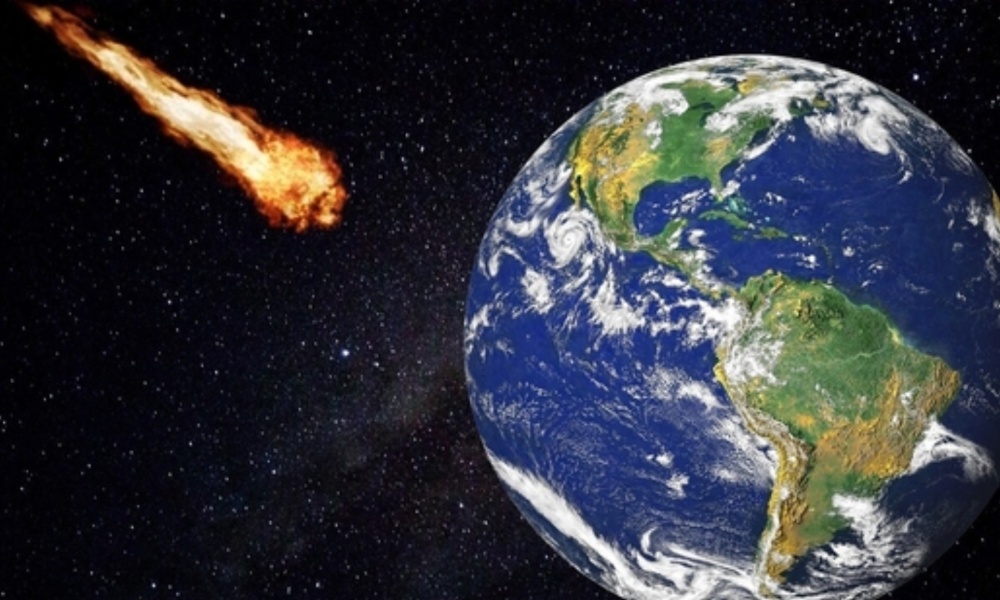
An asteroid that could level a city now has a 3.1-percent chance of striking Earth in 2032, according to NASA data released Tuesday — making it the most threatening space rock ever recorded by modern forecasting.
Despite the rising odds, experts say there is no need for alarm. The global astronomical community is closely monitoring the situation and the James Webb Space Telescope is set to fix its gaze on the object, known as 2024 YR4, next month.
“I’m not panicking,” Bruce Betts, chief scientist for the nonprofit Planetary Society told AFP.
“Naturally when you see the percentages go up, it doesn’t make you feel warm and fuzzy and good,” he added, but explained that as astronomers gather more data, the probability will likely edge up before rapidly dropping to zero.
2024 YR4 was first detected on December 27 last year by the El Sauce Observatory in Chile.
Astronomers estimate its size to be between 130 and 300 feet (40–90 meters) wide, based on its brightness. Analysis of its light signatures suggests it has a fairly typical composition, rather than being a rare metal-rich asteroid.
The International Asteroid Warning Network (IAWN), a worldwide planetary defense collaboration, issued a warning memo on January 29 after the impact probability had crossed one percent. Since then, the figure has fluctuated but continues to trend upward.
NASA’s latest calculations estimate the impact probability at 3.1 percent, up from 1.6 percent last month, with a potential Earth impact date of December 22, 2032.
Richard Moissl, head of the European Space Agency’s planetary defense office, which puts the risk slightly lower at 2.8 percent told AFP that this “is not a crisis at this point in time. This is not the dinosaur killer. This is not the planet killer. This is at most dangerous for a city.”
If the risk rises over 10 percent, IAWN would issue a formal warning, leading to a “recommendation for all UN members who have territories in potentially threatened areas to start terrestrial preparedness,” explained Moissl.
Unlike the six-mile-wide (10-kilometer-wide) asteroid that wiped out the dinosaurs 66 million years ago, 2024 YR4 is classified as a “city killer” — not a global catastrophe, but still capable of causing significant destruction.
Its potential devastation comes less from its size and more from its velocity, which could be nearly 40,000 miles per hour if it hits.
If it enters Earth’s atmosphere, the most likely scenario is an airburst, meaning it would explode midair with a force of approximately eight megatons of TNT — more than 500 times the power of the Hiroshima bomb.
But an impact crater cannot be ruled out if the size is closer to the higher end of estimates, said Betts.
The potential impact corridor spans the eastern Pacific, northern South America, the Atlantic, Africa, the Arabian Peninsula, and South Asia — though Moissl emphasized it is far too early for people to consider drastic decisions like relocation.
The good news: there’s ample time to act.
NASA’s 2022 DART mission proved that spacecraft can successfully alter an asteroid’s path, and scientists have theorized other methods, such as using lasers to create thrust by vaporizing part of the surface, pulling it off course with a spacecraft’s gravity, or even using nuclear explosions as a last resort. — Agence France-Presse
-
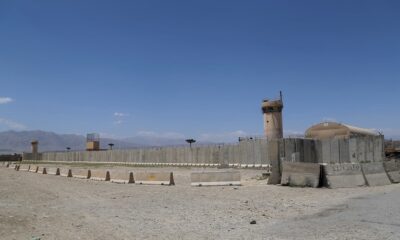
 Latest News4 days ago
Latest News4 days agoNo American military presence in Bagram: US defense official
-
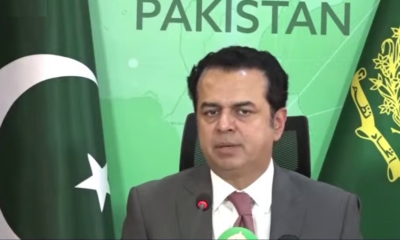
 Latest News5 days ago
Latest News5 days agoNo new deadline will be given for Afghan refugees: Pakistani official
-

 Latest News5 days ago
Latest News5 days agoIranian economic delegation visits western Afghanistan
-
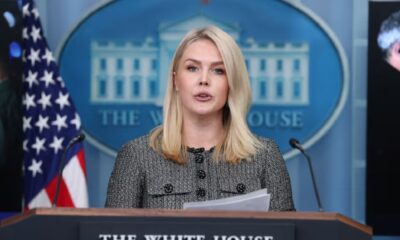
 World4 days ago
World4 days agoWhite House says ‘all hell to pay’ should Iran develop nuclear weapon
-
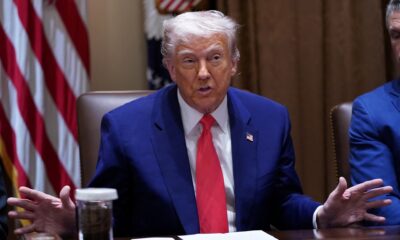
 Latest News4 days ago
Latest News4 days agoTrump ends protected status for thousands of Afghans, Cameroonians
-
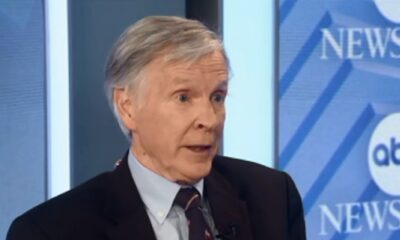
 Latest News4 days ago
Latest News4 days ago‘No one wants to see a nuclear-armed Iran,’ says former US ambassador to Afghanistan
-
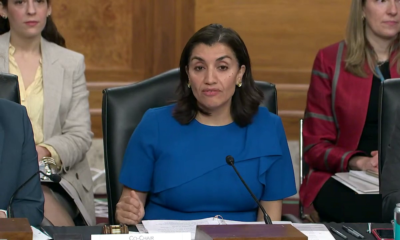
 Latest News4 days ago
Latest News4 days agoUS Senate convenes commission to review early years of Afghanistan war
-

 Regional3 days ago
Regional3 days agoIran, US hold ‘positive’ talks in Oman, agree to resume next week


